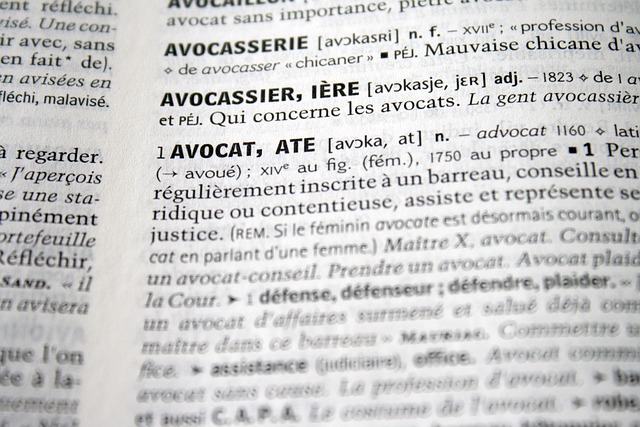Oregon's child support guidelines, administered by the Department of Human Services, offer a fair framework based on income, number of children, and parenting time. Legal professionals specializing in family law are crucial for interpreting these guidelines and assisting parents in disputes or upholding court orders. Accessing legal support for parents is vital to navigate complexities, protect financial interests, avoid pitfalls, and achieve fair outcomes for both parents and children.
Are you navigating Oregon’s complex child support guidelines? Understanding these rules is crucial for ensuring fair financial arrangements. This comprehensive guide delves into Oregon’s child support system, offering a clear overview for parents. Learn how knowledgeable professionals can simplify legal complexities, empowering you to access the best legal support and achieve consistent outcomes. Discover your rights and options as we explore effective strategies for managing child support in Oregon.
- Understanding Oregon's Child Support Guidelines: A Comprehensive Overview
- Navigating Legal Complexities: How Knowledgeable Professionals Can Assist Parents
- Empowering Parents: Accessing Legal Support for Fair and Consistent Outcomes
Understanding Oregon's Child Support Guidelines: A Comprehensive Overview

Oregon’s child support guidelines are a comprehensive set of rules designed to ensure fair and equitable financial contributions from non-custodial parents to support their children’s well-being. These guidelines consider various factors, including income levels, the number of children involved, and the time each parent spends with the child. Understanding these guidelines is crucial for both parents seeking legal support for parents in child support disputes or those looking to ensure compliance with court orders.
The state’s Department of Human Services plays a vital role in administering these guidelines, providing resources and tools that help families navigate the process. Legal professionals specializing in family law are also instrumental in explaining these guidelines, ensuring parents make informed decisions, and representing their interests in legal proceedings related to child support.
Navigating Legal Complexities: How Knowledgeable Professionals Can Assist Parents

Navigating Oregon’s child support guidelines can be a complex and often daunting task for many parents. These guidelines involve intricate calculations, various factors, and unique circumstances that can significantly impact financial obligations. Professional assistance from those knowledgeable in this area is invaluable. Legal experts specializing in family law can provide crucial legal support for parents, ensuring they understand their rights and responsibilities.
With their expertise, these professionals can help unravel the legal complexities, offering guidance tailored to each parent’s specific situation. They can explain the formula used to determine child support payments, consider factors like income disparities, shared custody arrangements, and expenses related to a child’s well-being. This assistance empowers parents to make informed decisions, avoid potential pitfalls, and ensure they fulfill their obligations while also safeguarding their financial interests.
Empowering Parents: Accessing Legal Support for Fair and Consistent Outcomes

Accessing legal support is an empowering step for parents navigating Oregon’s child support guidelines. With the help of experienced attorneys, parents can ensure their rights are protected and understand their options for reaching fair and consistent outcomes. Legal advocates specialize in family law and can provide guidance tailored to each unique situation.
These professionals enable parents to make informed decisions by explaining complex guidelines, assessing financial situations, and advocating for the best interests of both parents and children. By leveraging legal support, families can avoid misunderstandings, reduce conflicts, and work towards solutions that meet everyone’s needs in a consistent and fair manner.






